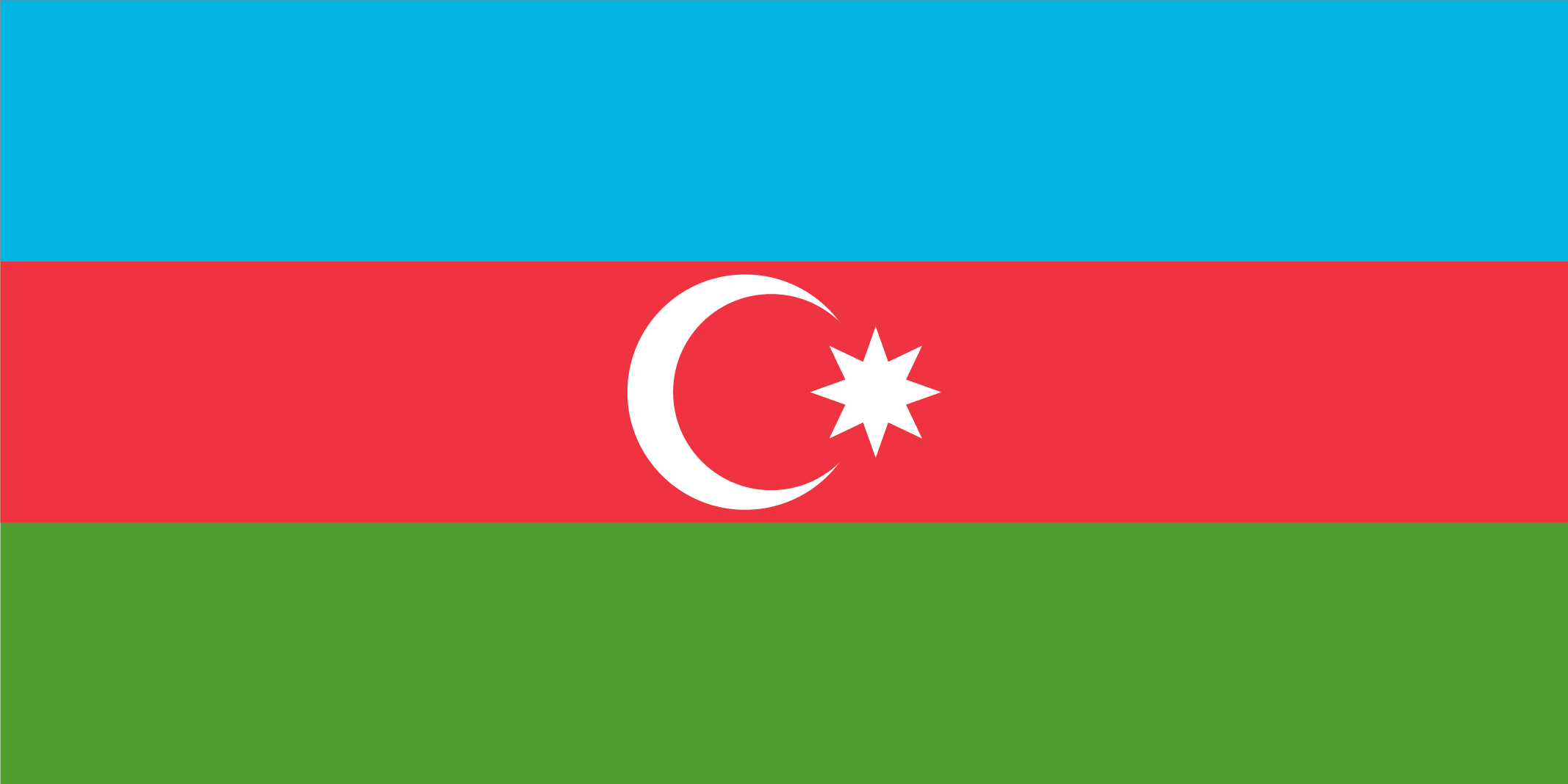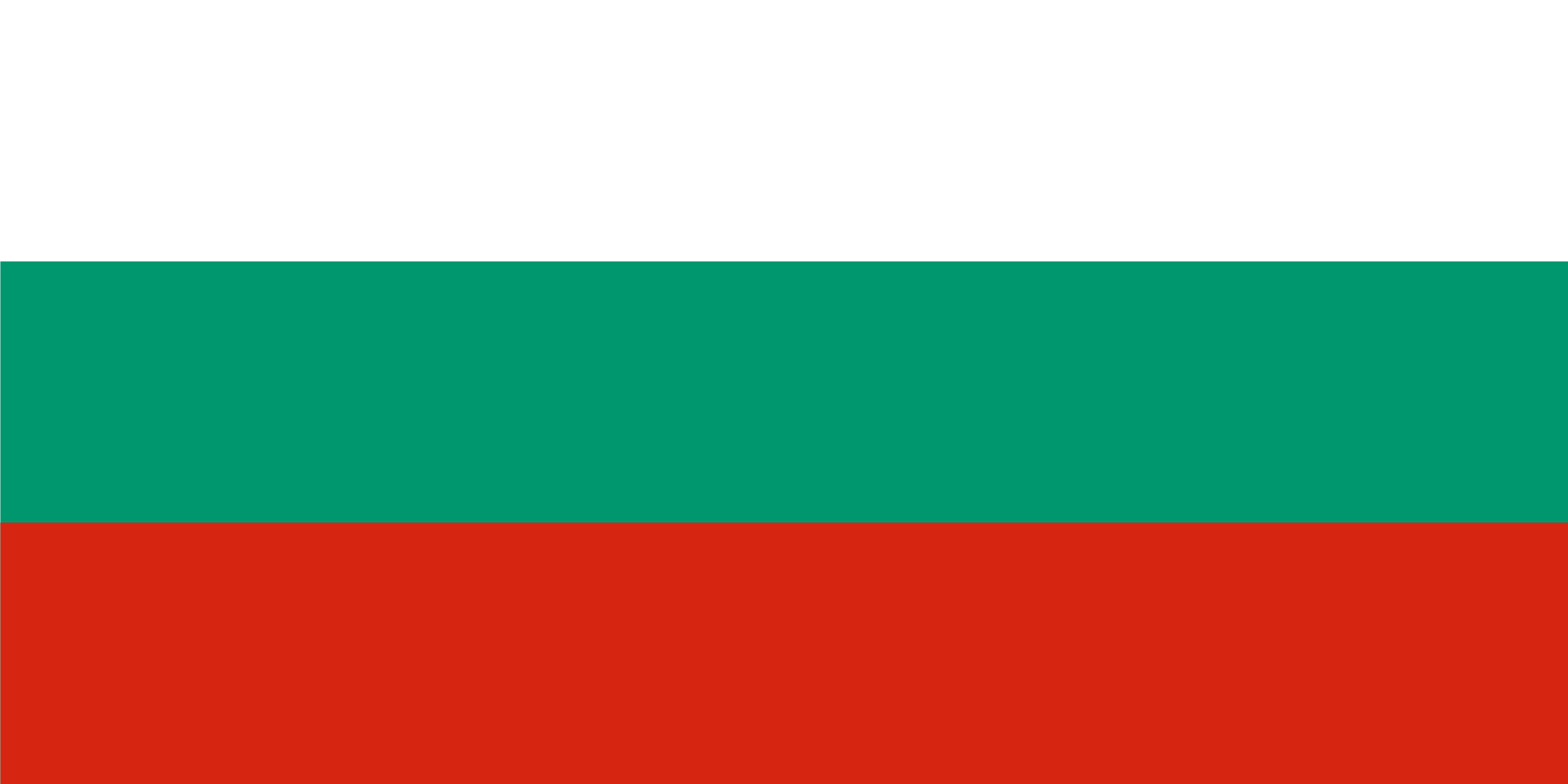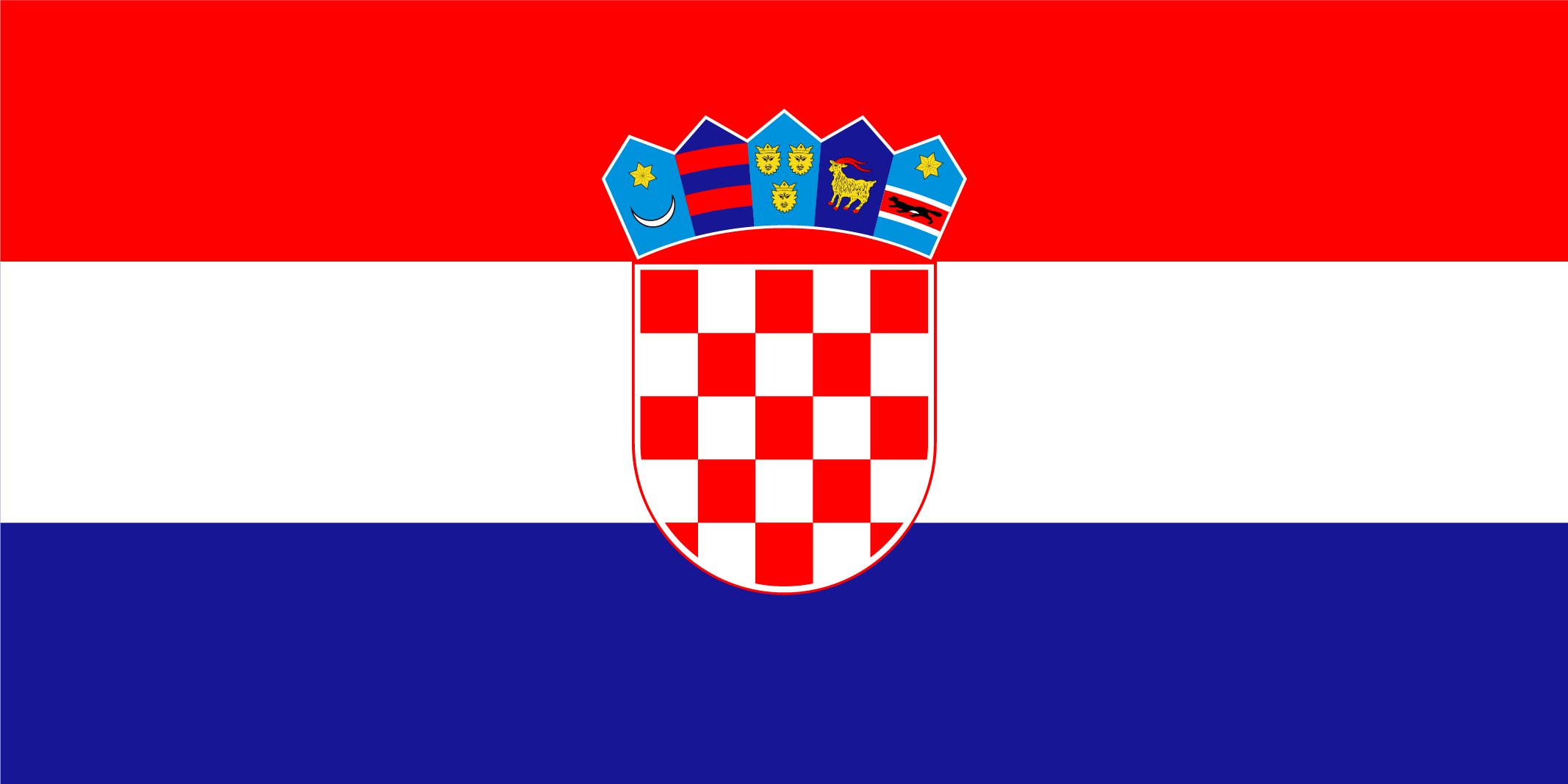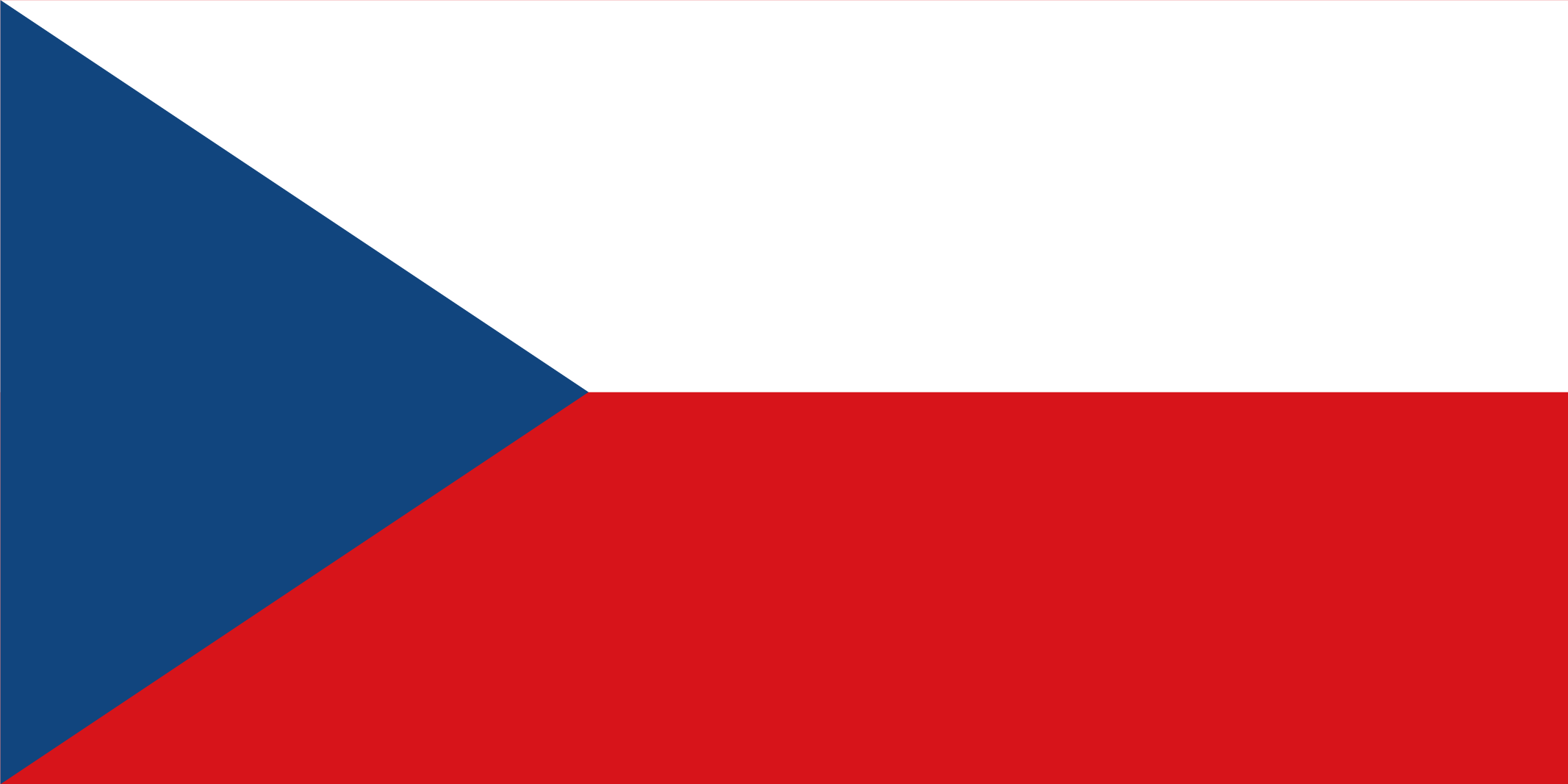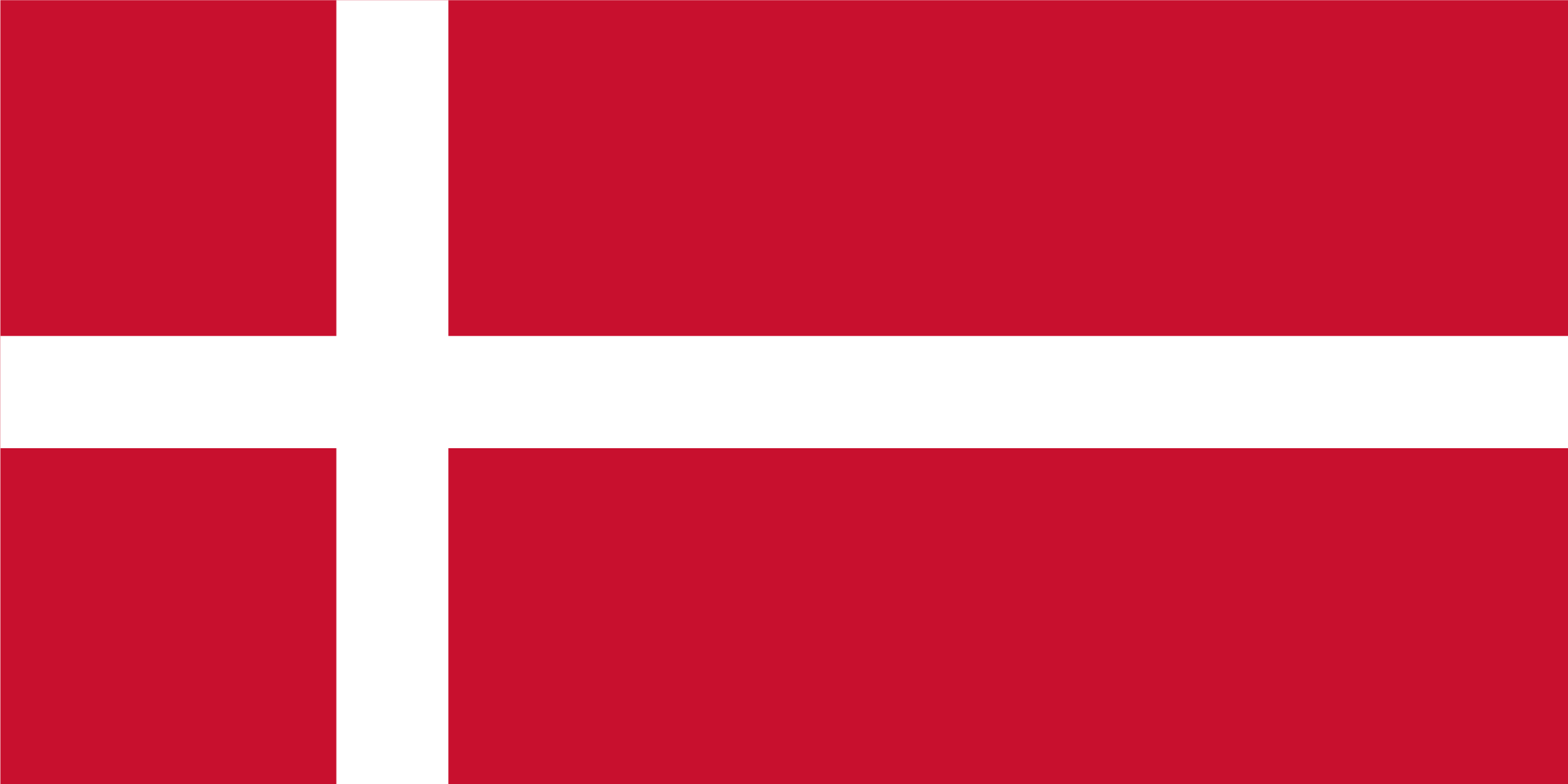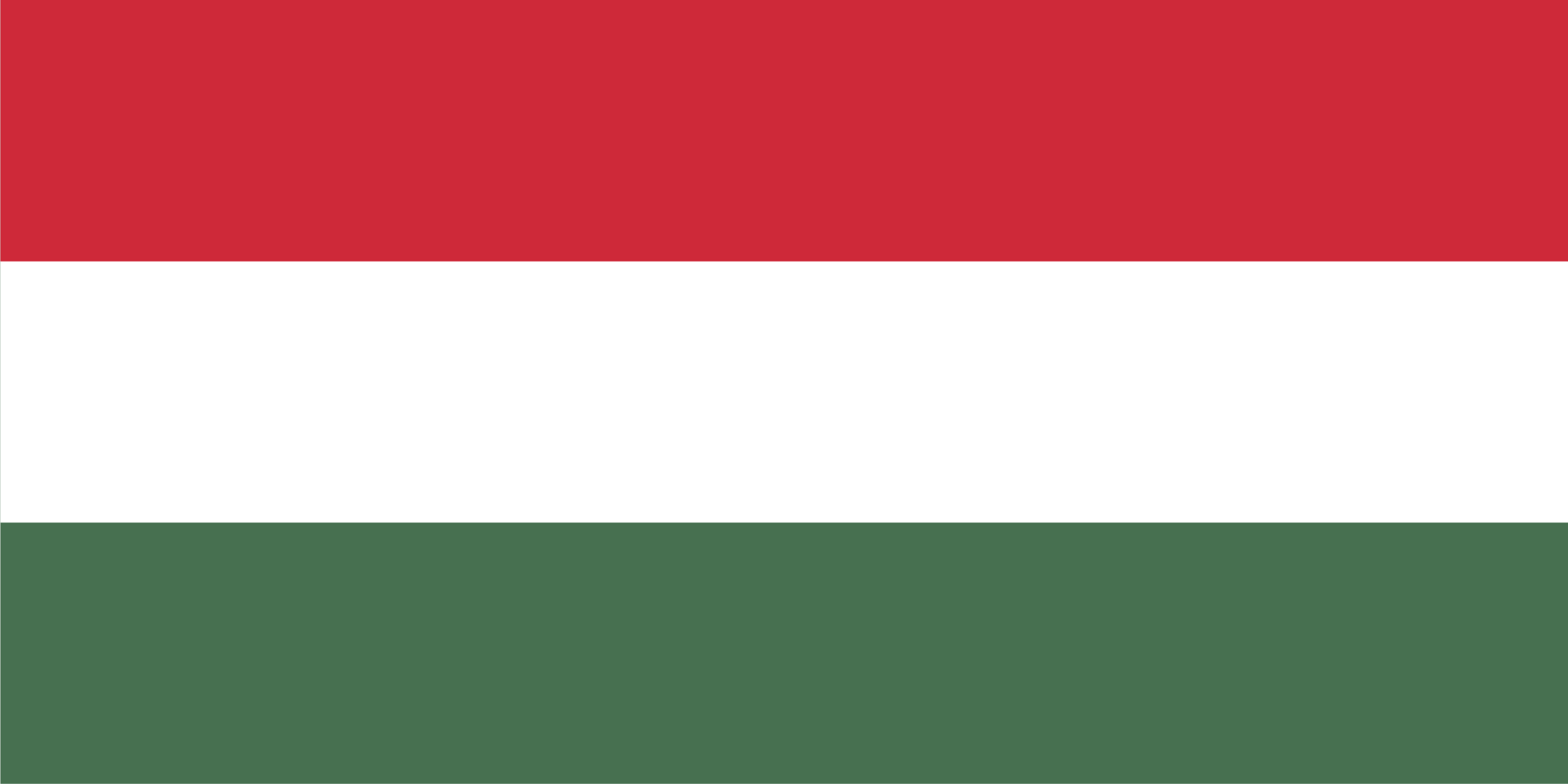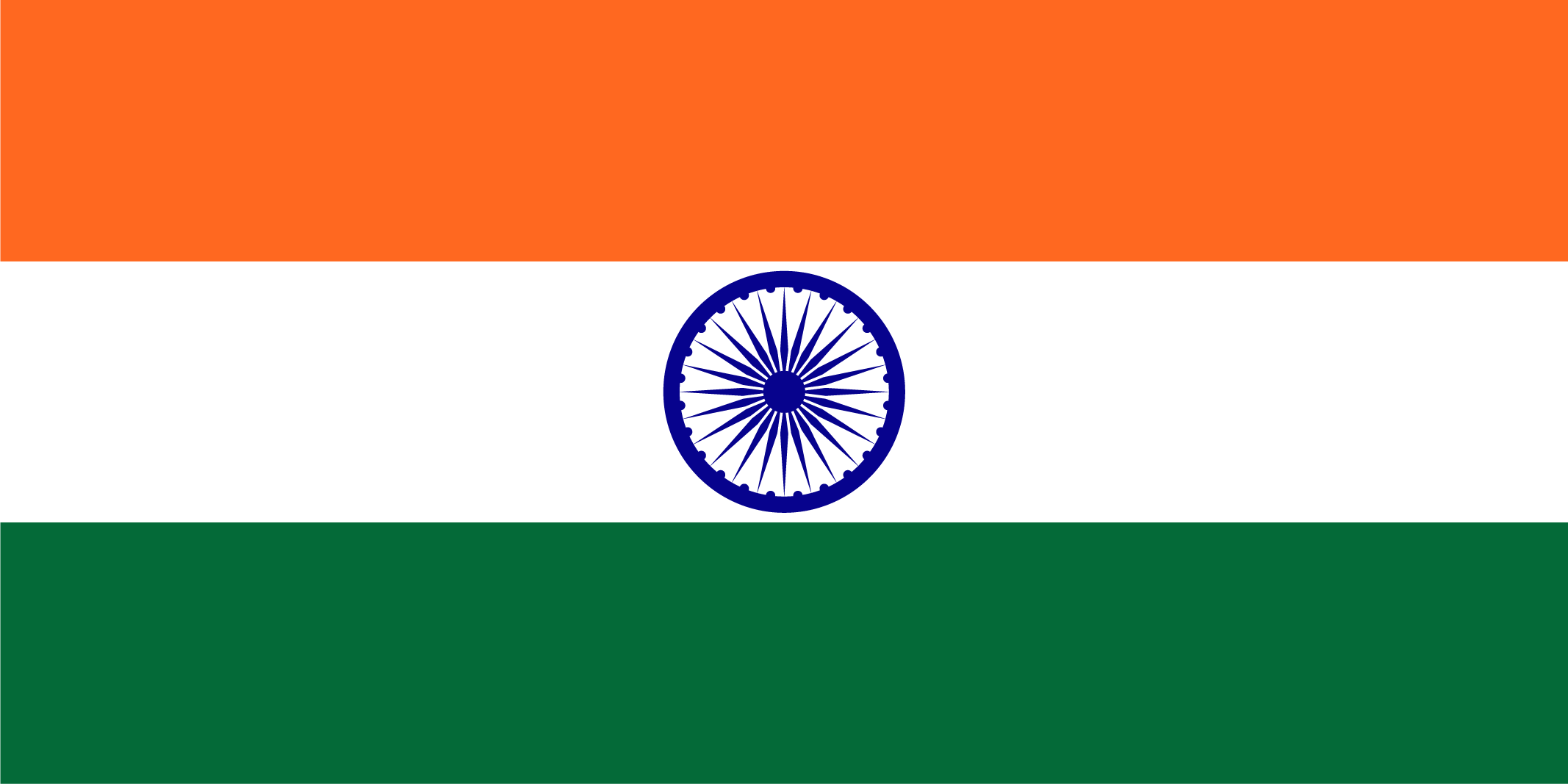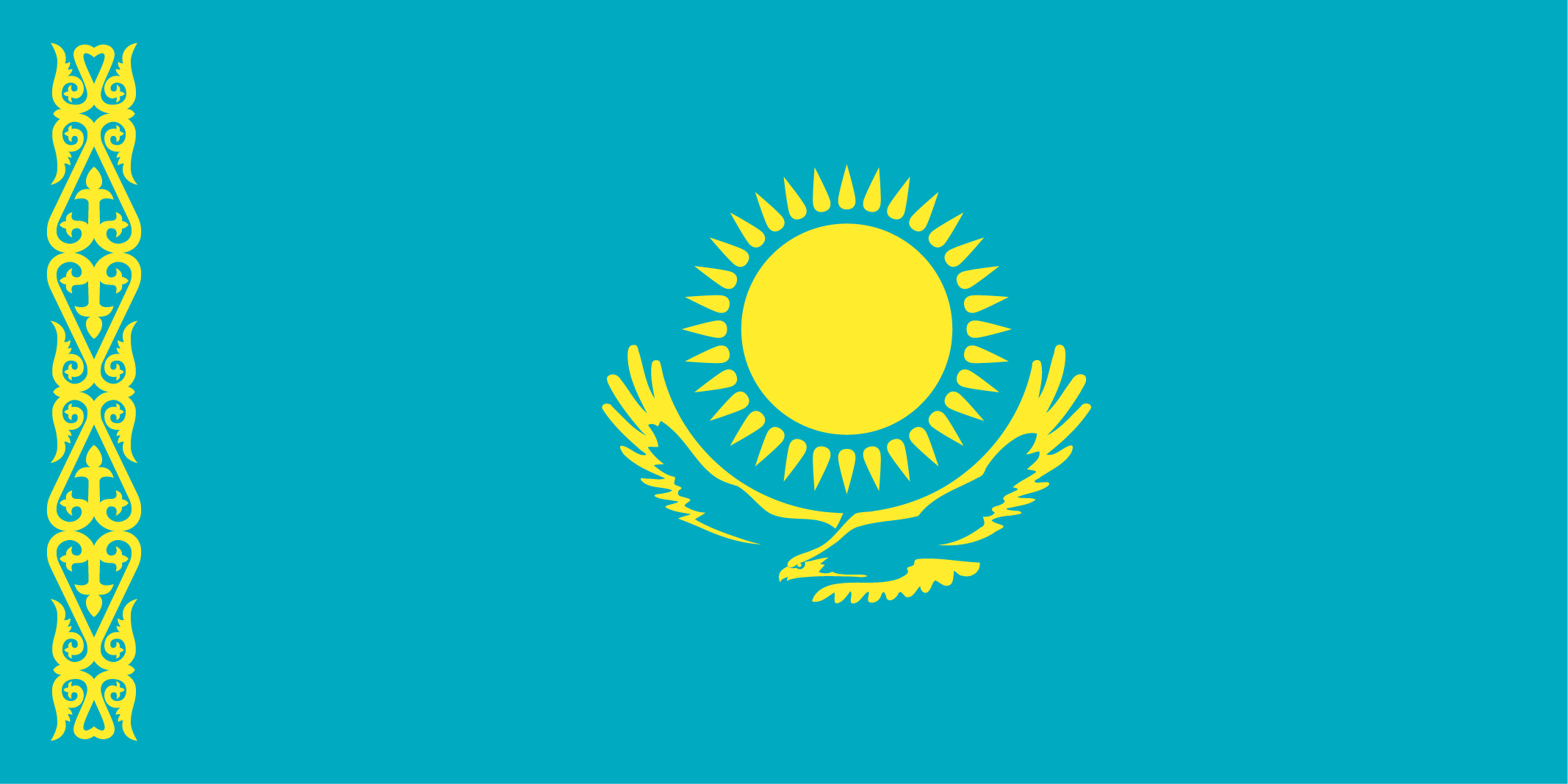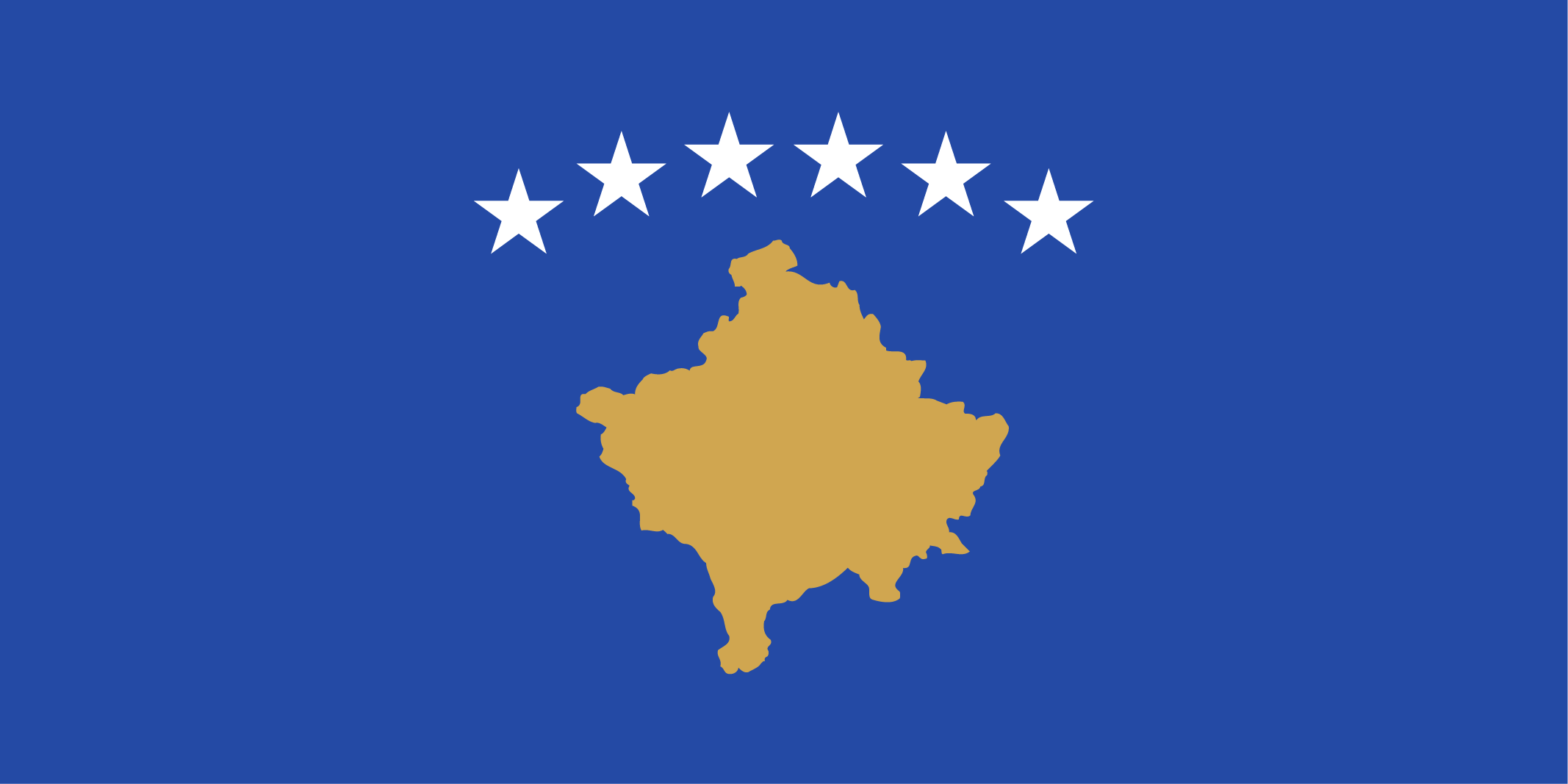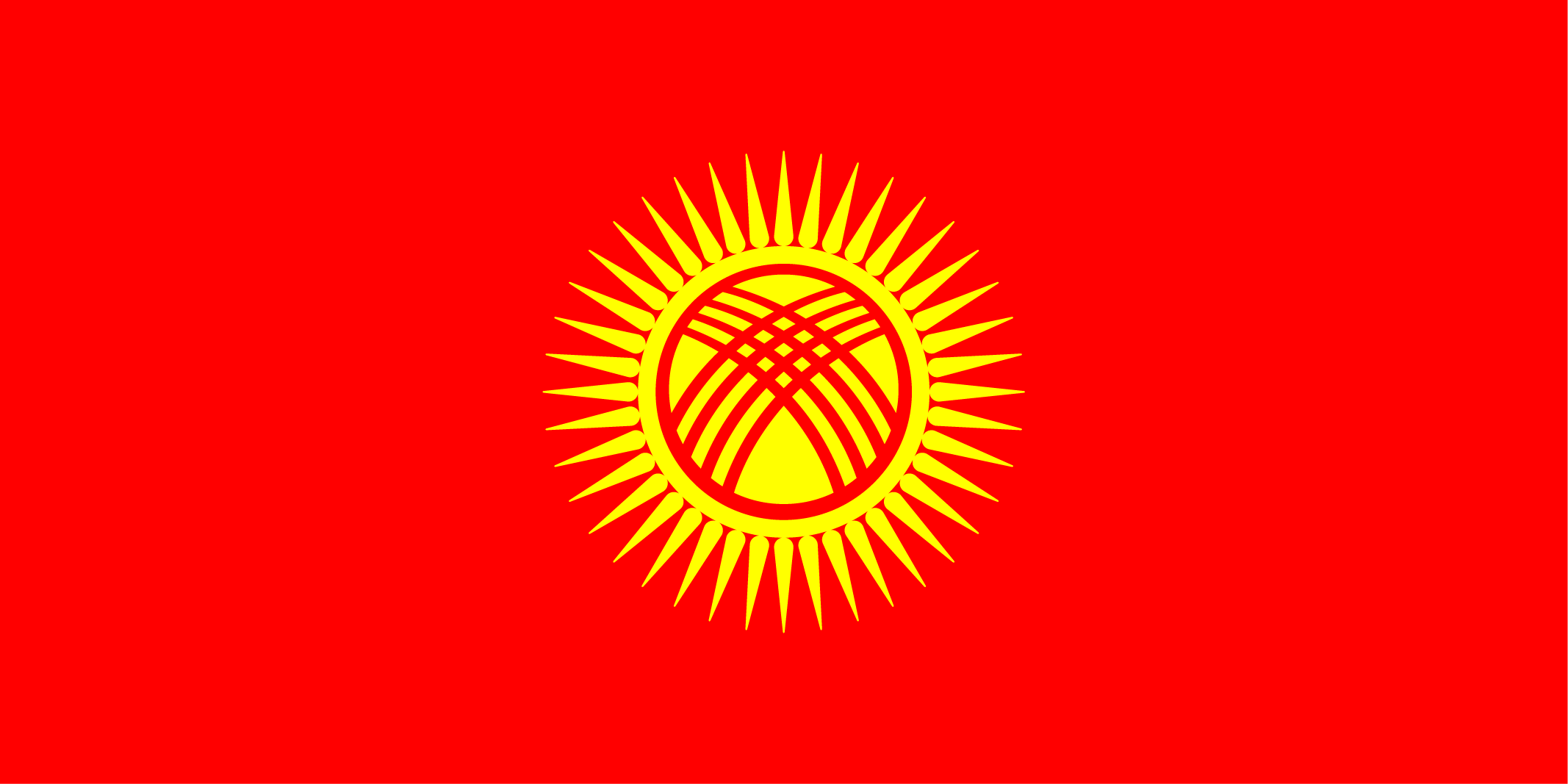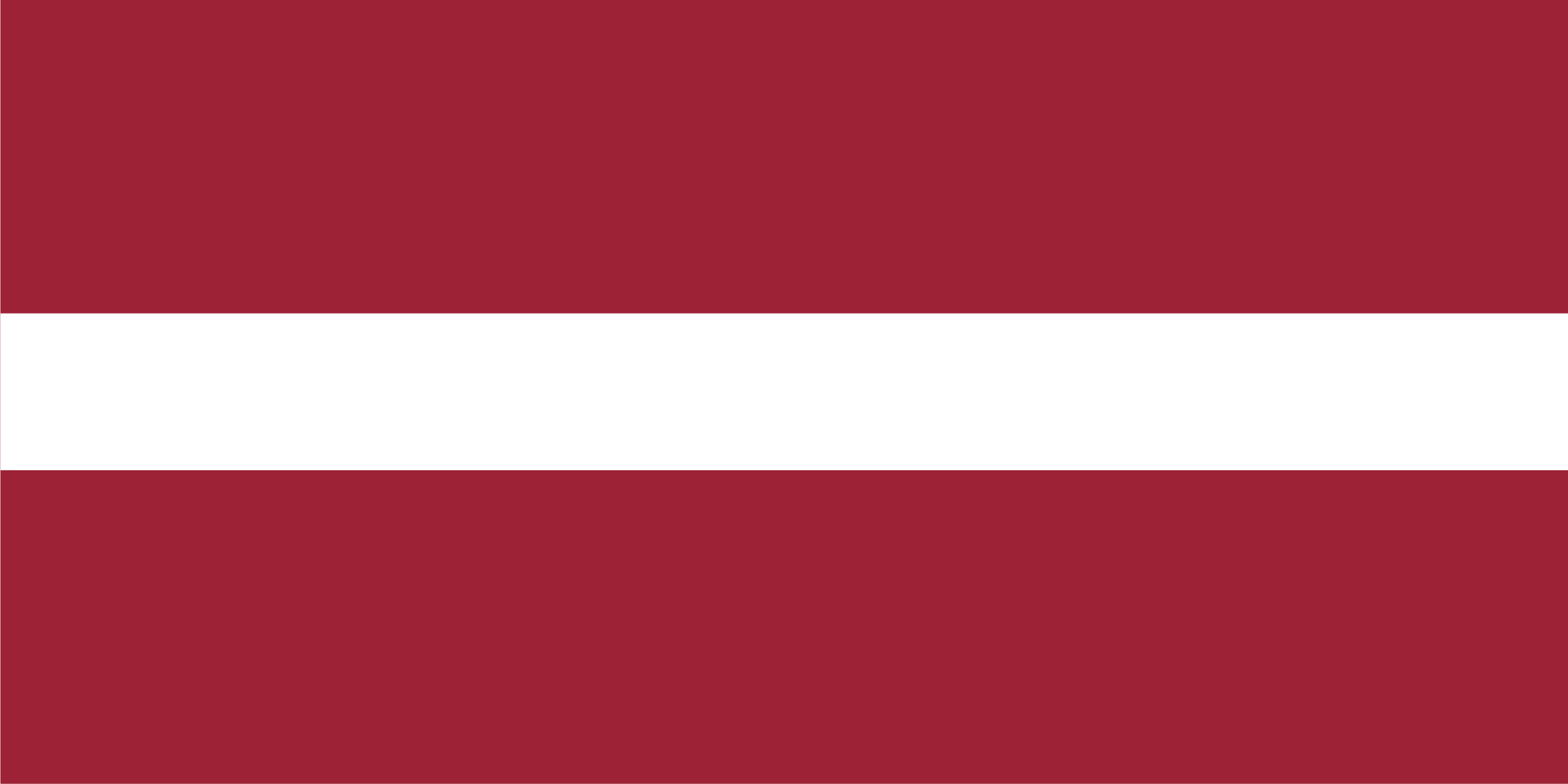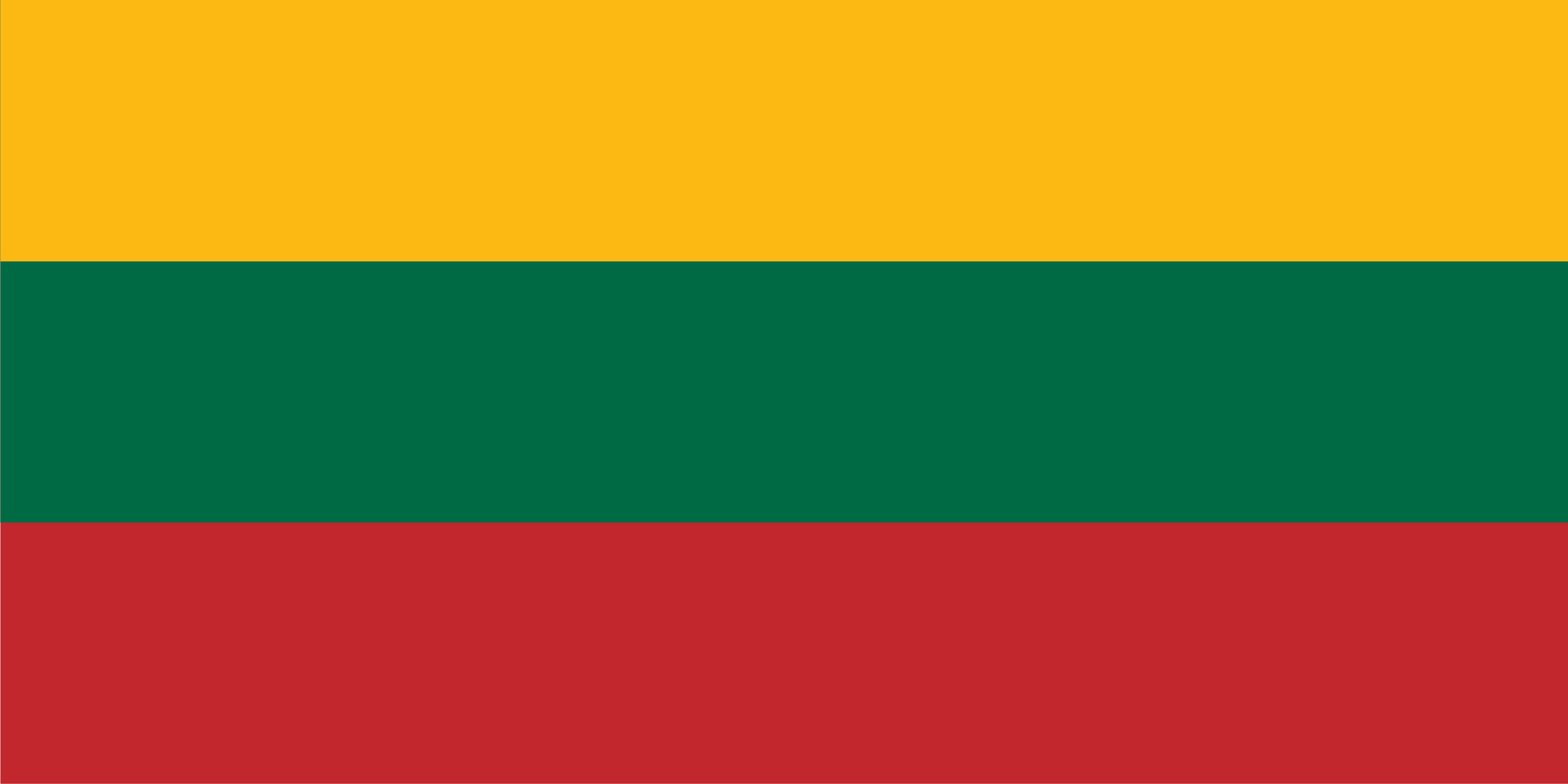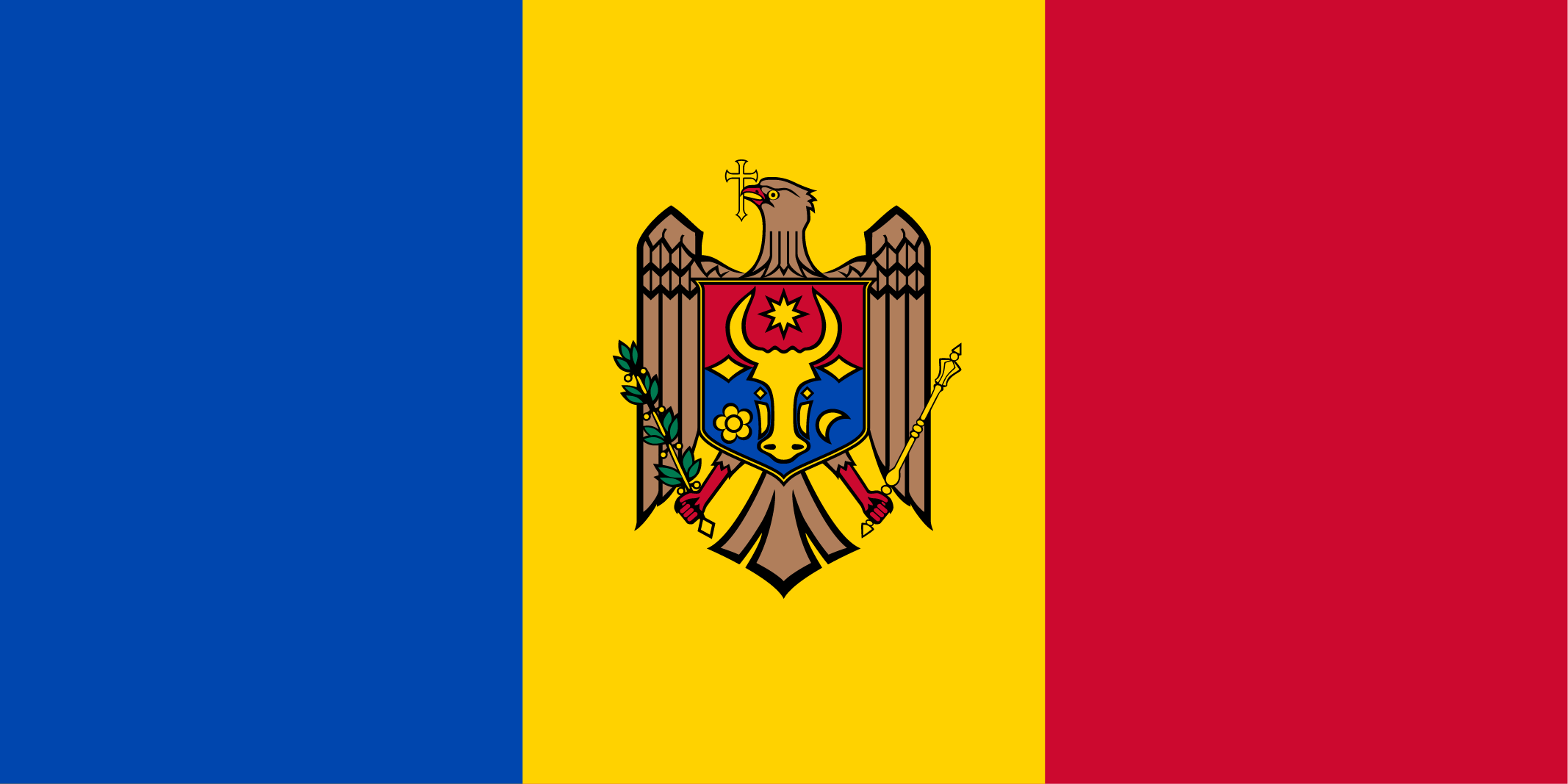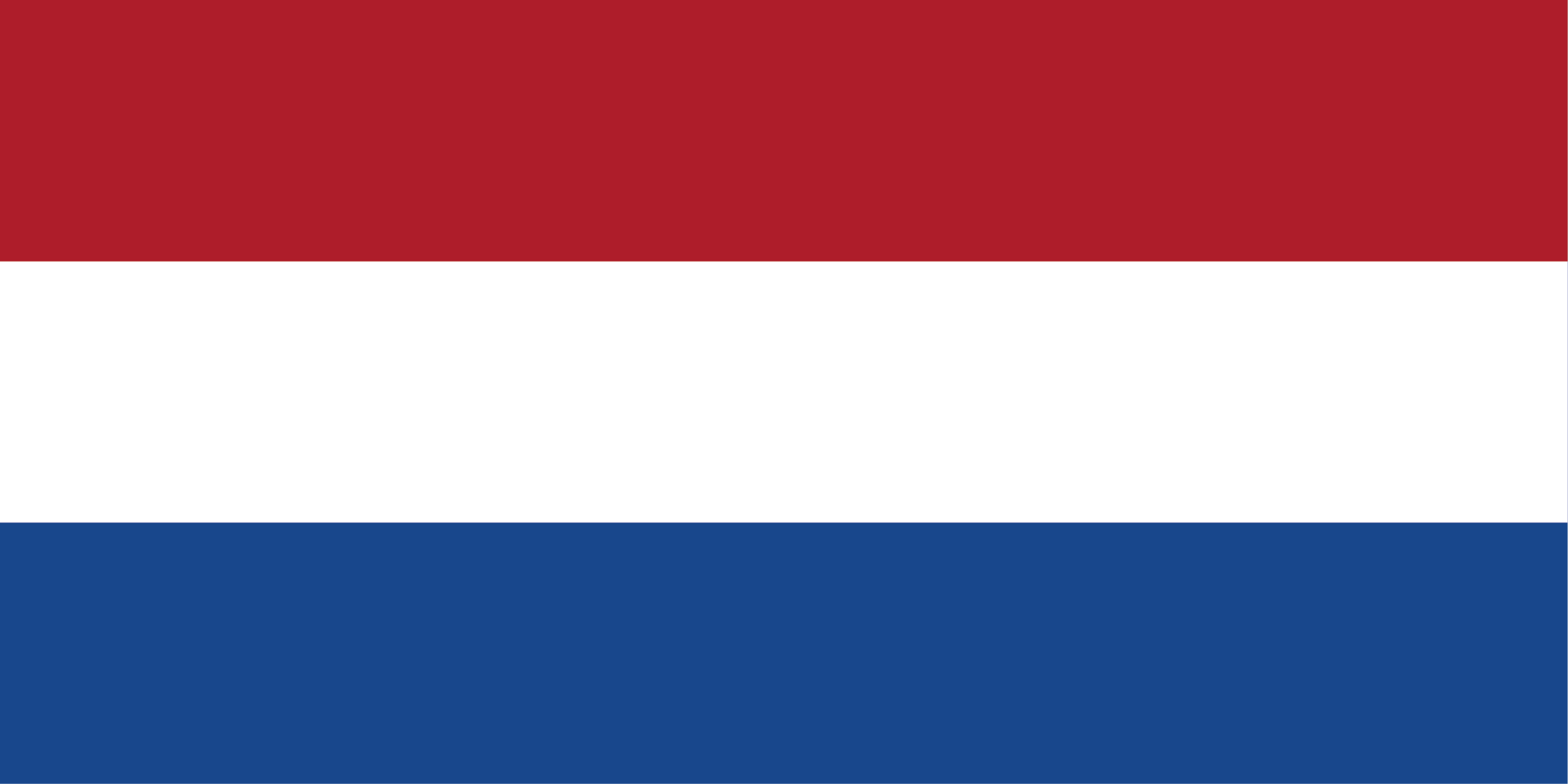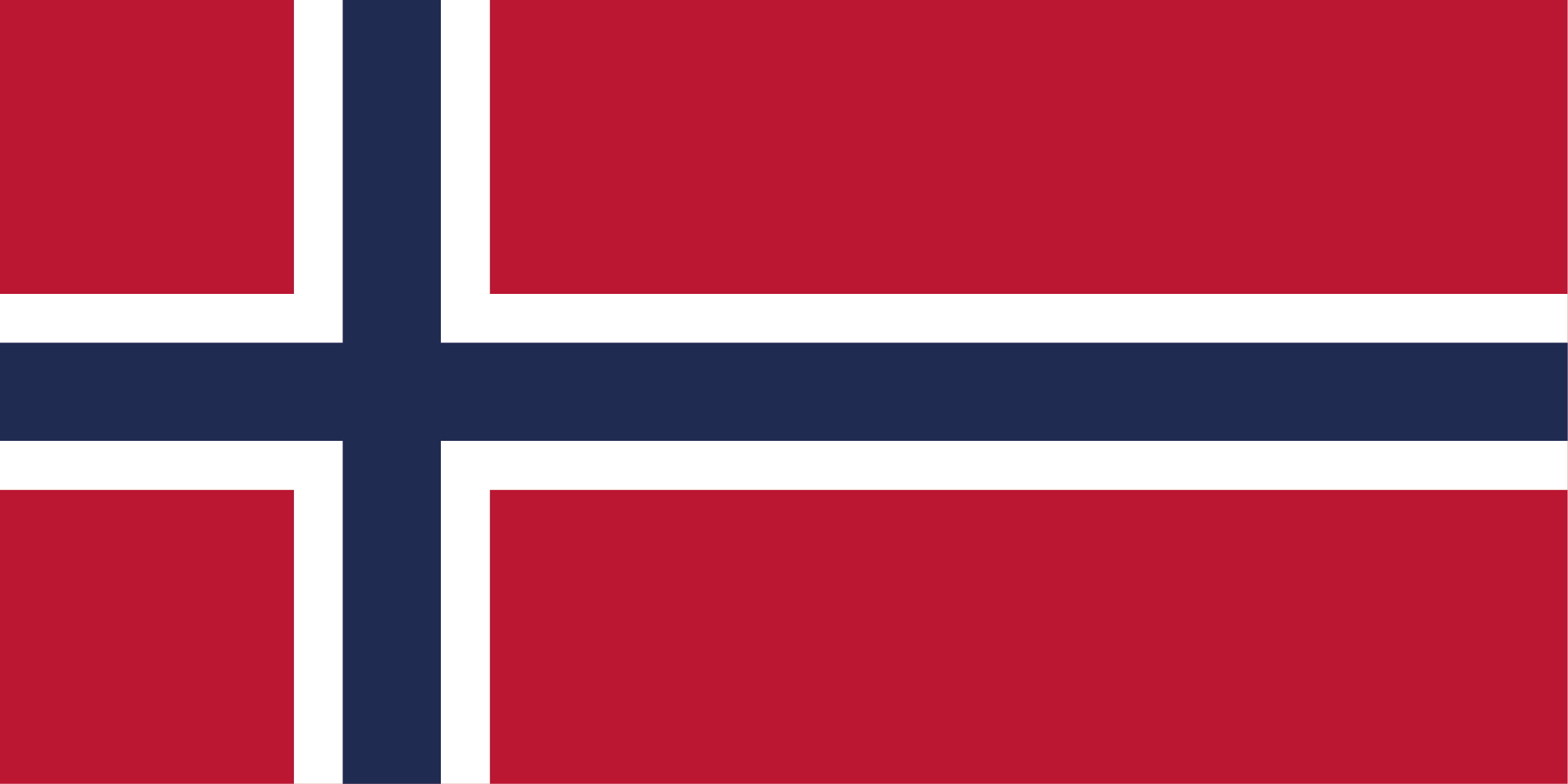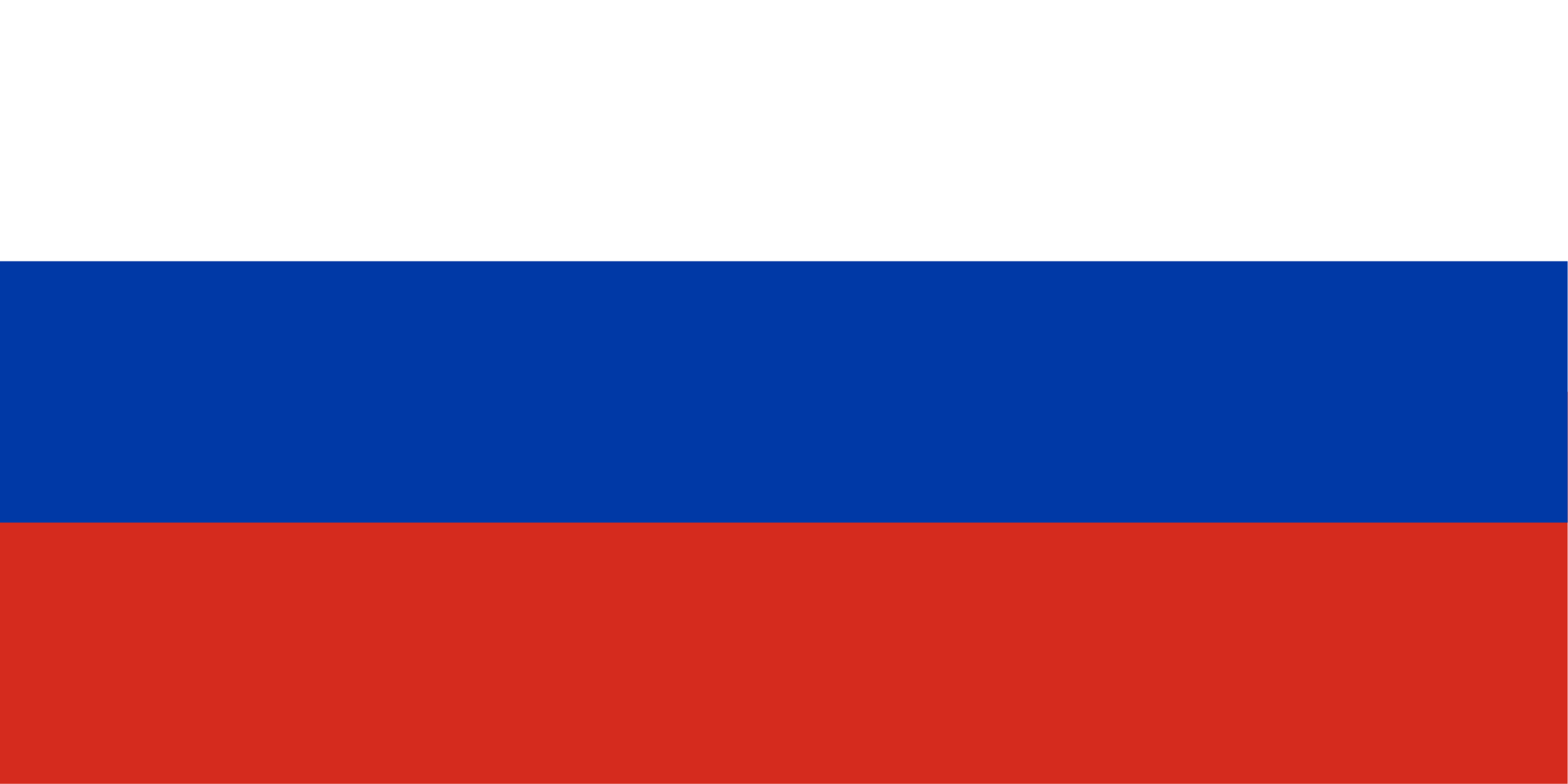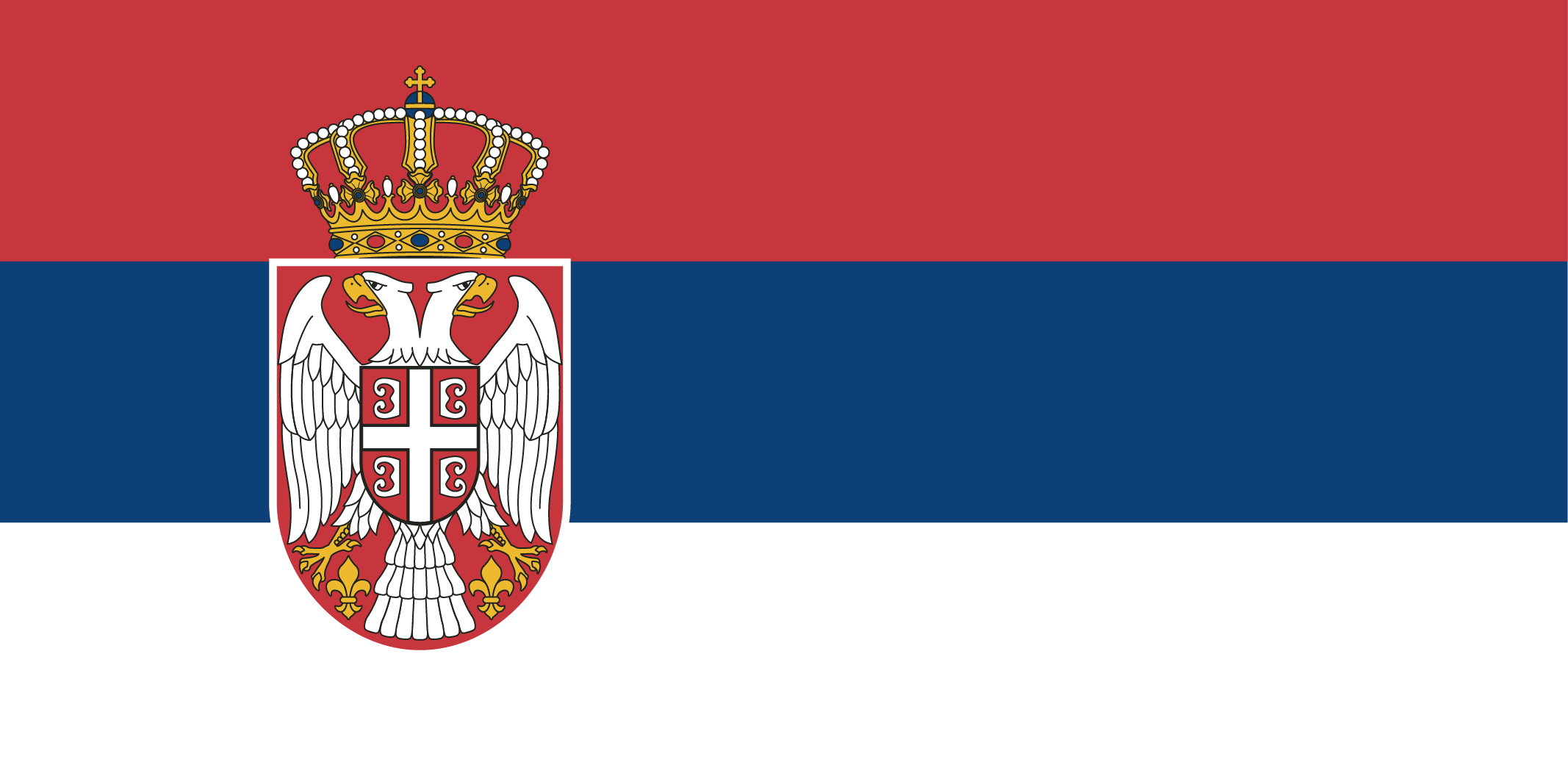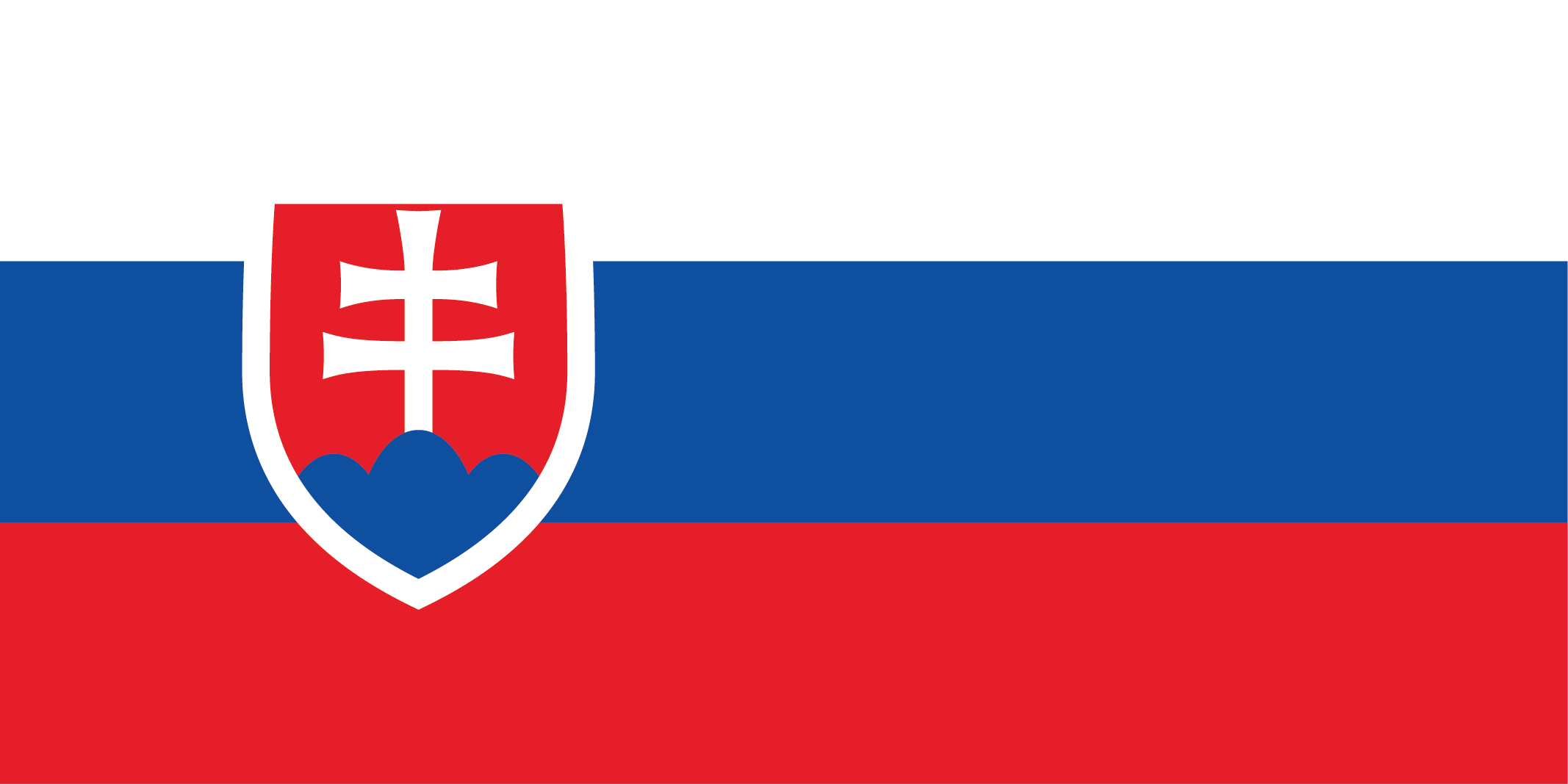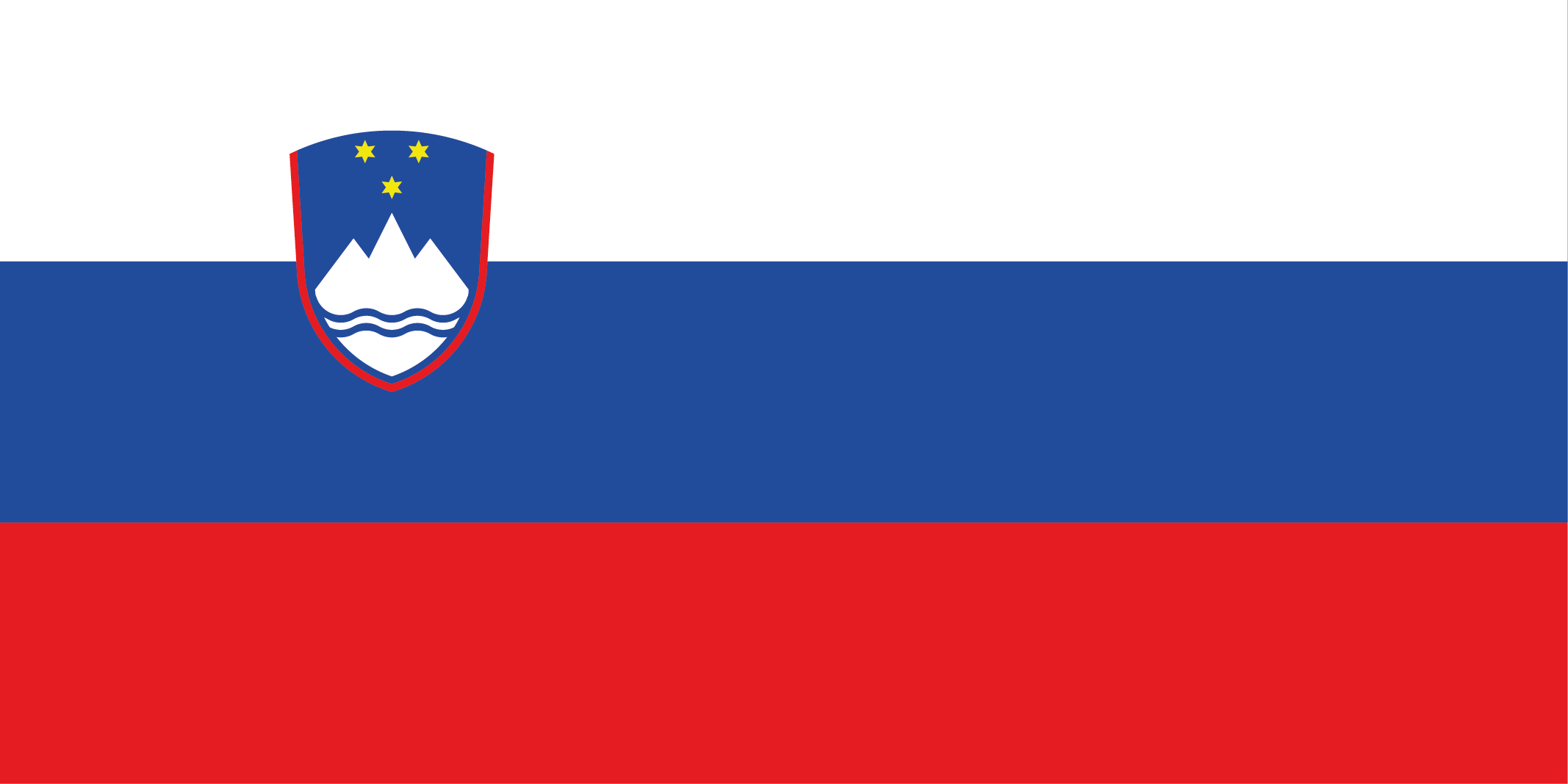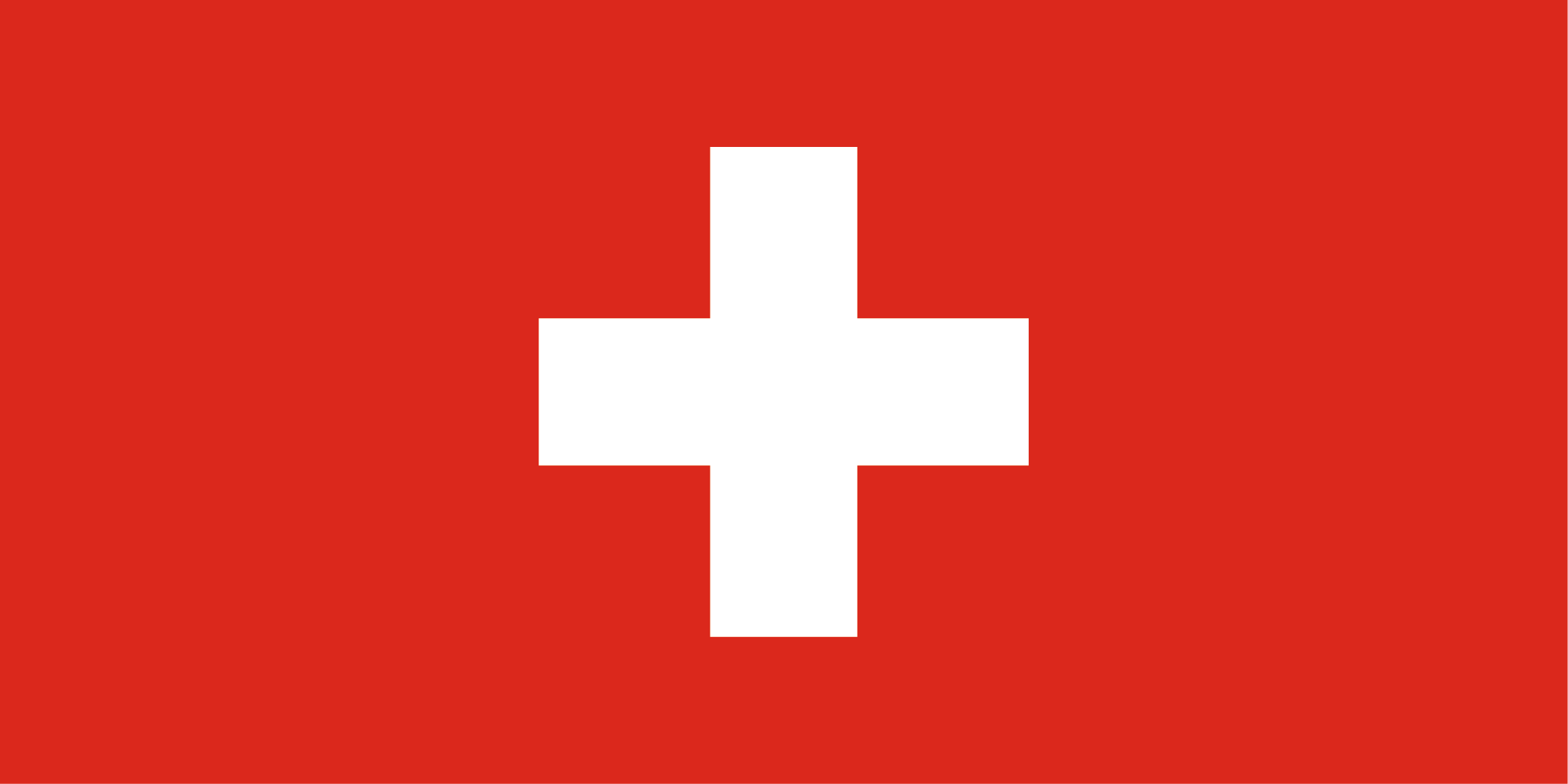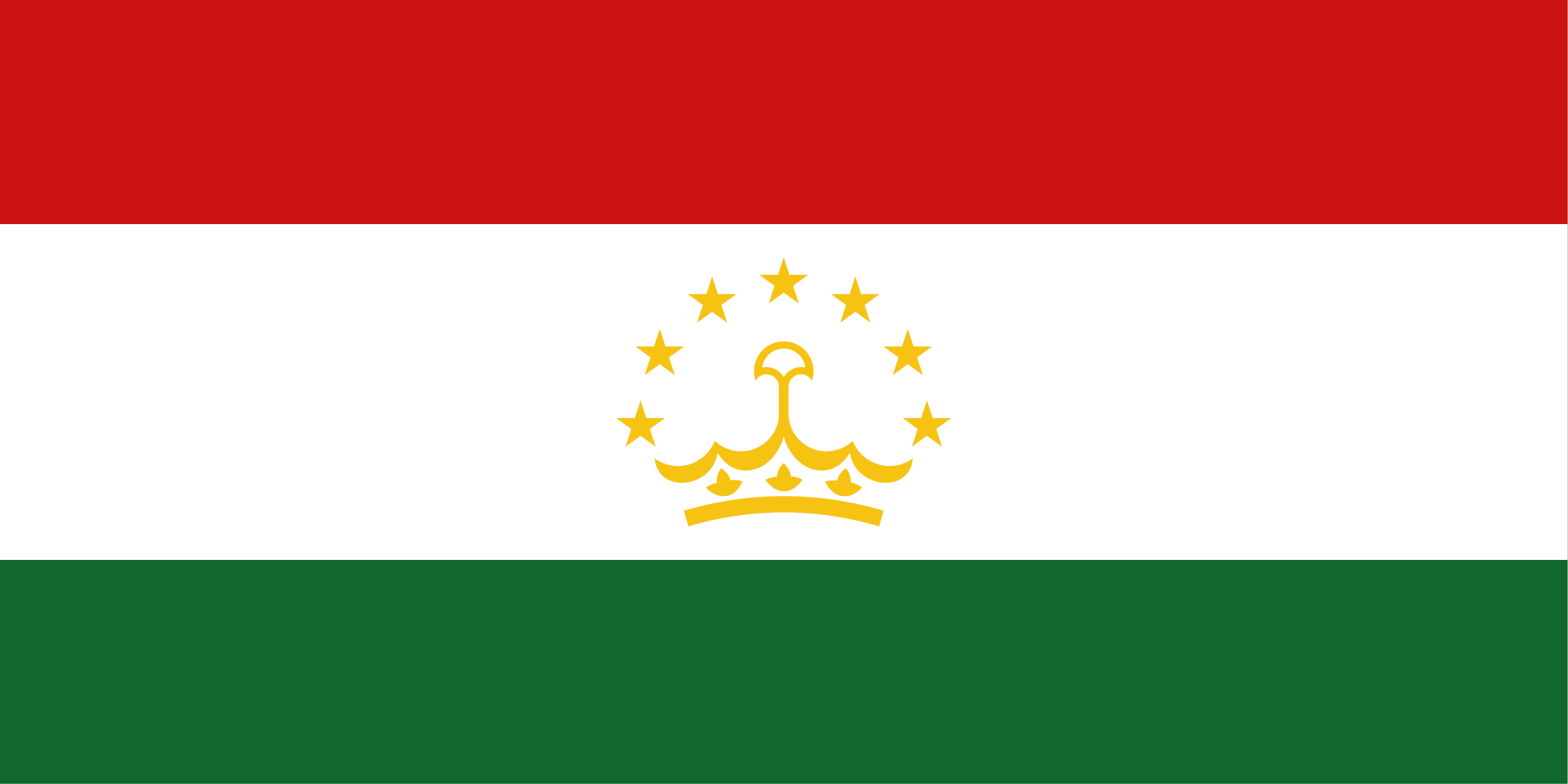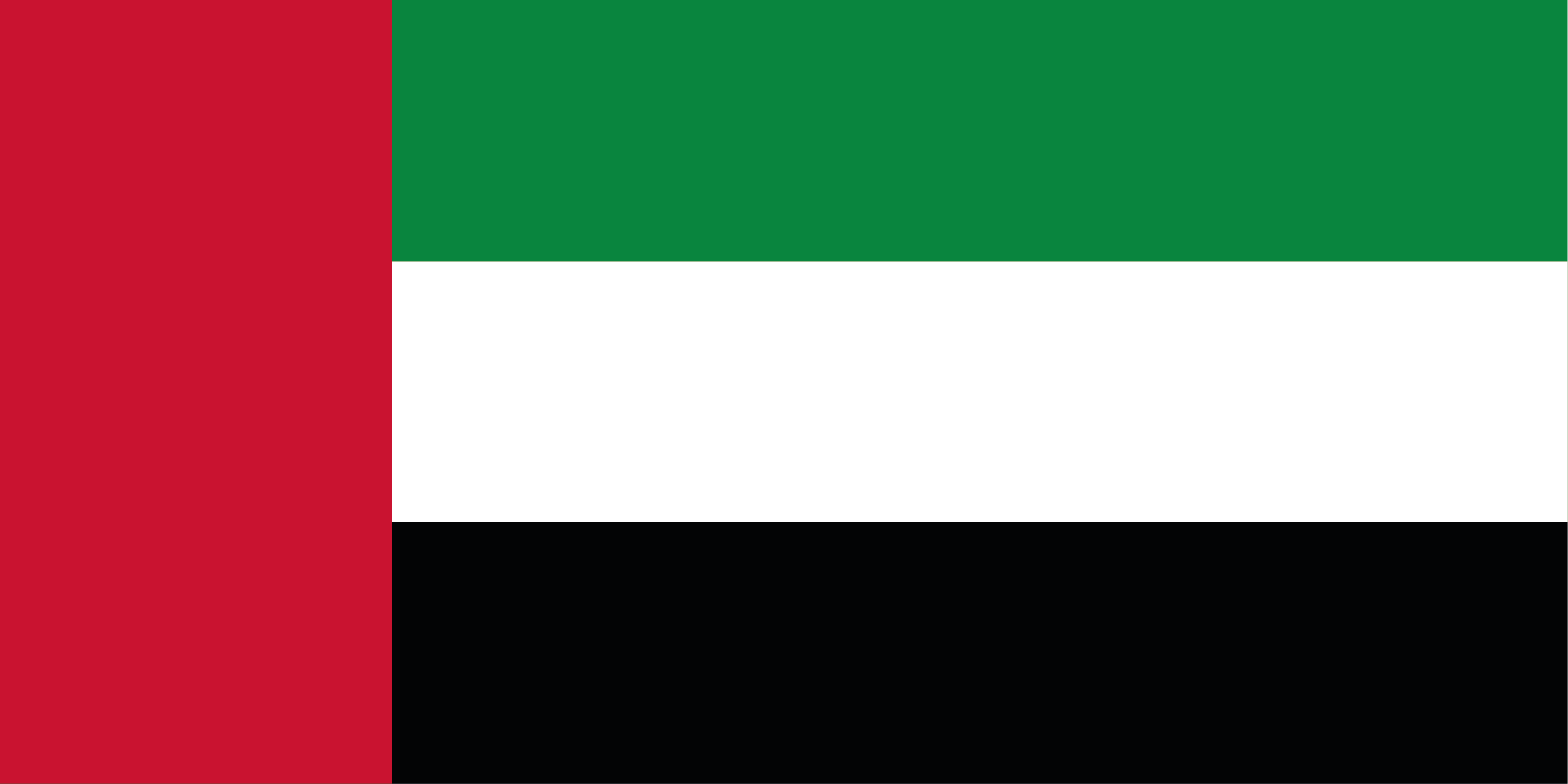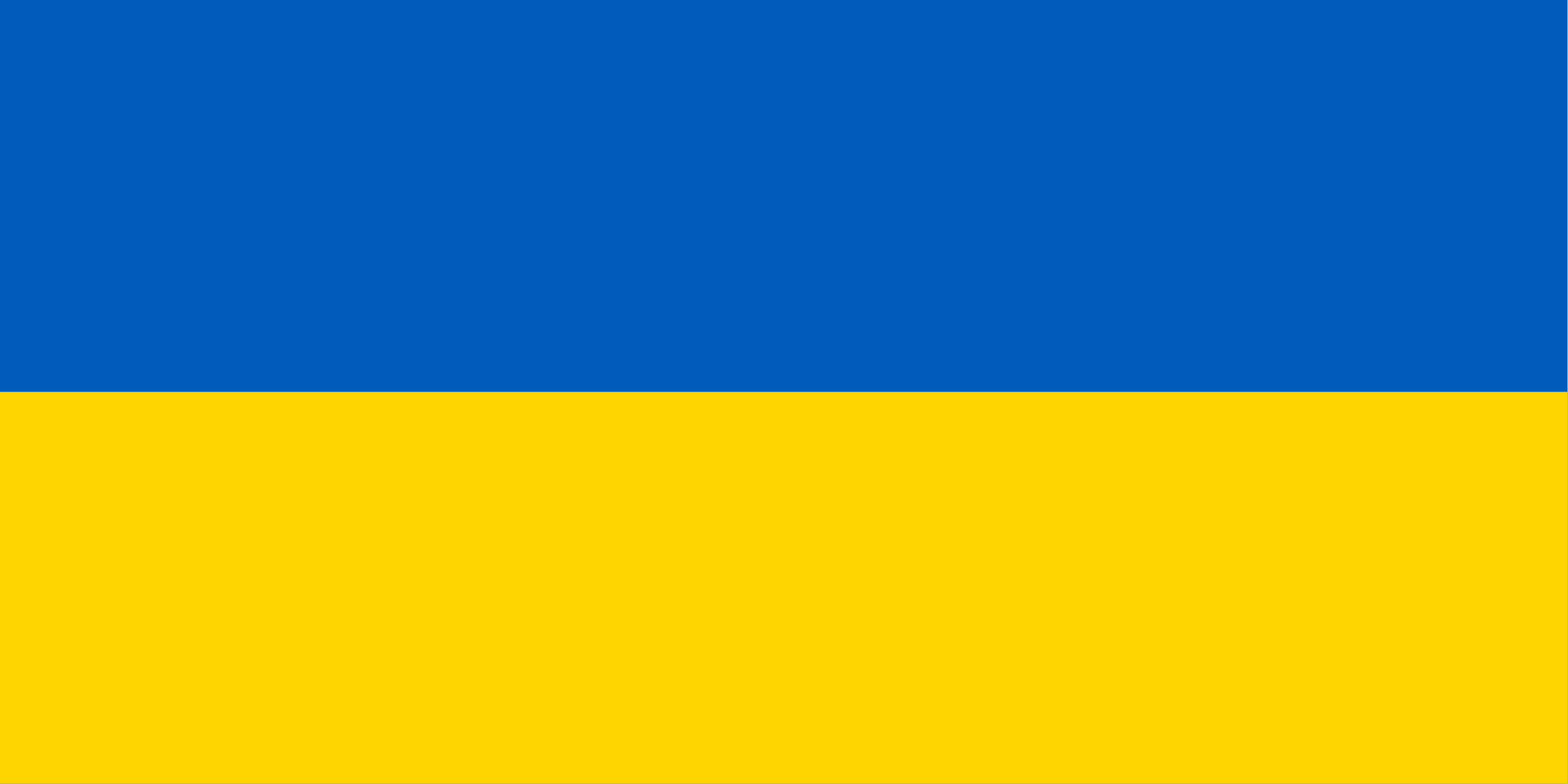Transportation of the Deceased to Tajikistan — Complete Support at All Stages
The Importance of Repatriation and Professional Assistance
When a person dies outside their homeland, their loved ones are faced with the challenging task of organizing the return of the body for farewell and burial. It is at such moments that the transportation of the deceased to Tajikistan becomes an urgent matter. The process requires not only careful attention but also strict compliance with sanitary, ethical, and legal norms. Professional services specializing in such transport help minimize the stress associated with paperwork, formalities, and logistics.
Main Methods of Transporting the Body
There are several ways to carry out the transportation of the deceased. Each method is chosen based on time, distance, and conditions along the route. Most often, air transport is used as the quickest and safest option. Transportation by car or train is also possible. In any case, hermetic packaging of the body in a zinc container is mandatory, which ensures compliance with sanitary requirements and the preservation of remains.
Air Transportation
- Minimum delivery time to the destination;
- Possibility of organizing a meeting for the cargo at the airport;
- Support for the microclimate inside the container.
Requirements for Documentation and Transportation
In the case of transporting the deceased, it is important to adhere to international norms. The body is placed in a hermetically sealed zinc coffin, which is packed in a wooden box. If ashes are being transported after cremation, the requirements are simplified, and transportation in a special urn is allowed. Regardless of the method, the entire procedure is carried out strictly according to regulations to eliminate any legal complications when crossing the border.
List of Necessary Documents
To transport the body, it is necessary to gather a number of mandatory papers. These include a medical certificate of death, a state seal certificate, a certificate of absence of infections, a certificate of embalming, and documents confirming the sealing of the container. All documents must be translated and prepared in two languages. The paperwork can be entrusted to specialists who will take care of all the documentation.
How the Shipping Process Works
Transportation of cargo 200 begins with the preparation of the deceased’s body. Embalming is conducted, and then the body is placed in a special container. Next, the route and method of delivery are chosen. The agency's specialists prepare all documents, book flights, and accompany the body of the deceased to the destination. If necessary, transportation is accompanied by a trusted person.
Organization of the Cargo 200 Meeting
Upon arrival in the destination country, the meeting of the body at the airport is organized. The funeral service staff open the container, prepare the body for burial or cremation, and arrange transportation to the morgue or cemetery. A hearse, transport for relatives, and other auxiliary services may also be provided. Everything is carried out strictly in accordance with regulations and the wishes of the loved ones.
Additional Funeral Services
As part of the body transportation, assistance is offered in selecting a coffin, wreaths, clothing for the deceased, and other accessories. Memorial services can be held, and burial can be organized in the designated area. Specialists act delicately and professionally, considering all traditions and customs. Each service is officially documented — with transparent calculations and a full set of supporting documents.
International Transportation from Other Countries
Repatriation is not only conducted in one direction. Shipments and meetings of cargo 200 from third countries, including CIS regions and Europe, are also possible. Transportation of the deceased from abroad requires coordination with consulates, the preparation of a package of documents, and adherence to all formalities. With the support of an agency, all stages proceed in an organized manner and without delays.
Why You Should Trust the Process to Professionals
Services for the transportation of the deceased possess the experience, knowledge, and all necessary resources for effective work. A personal approach, attention to detail, round-the-clock support, and legal expertise are key advantages. By entrusting the concerns to specialists, you save time, avoid mistakes, and gain confidence in the dignified organization of all stages. Such an approach is especially important during difficult moments following the death of a loved one.






